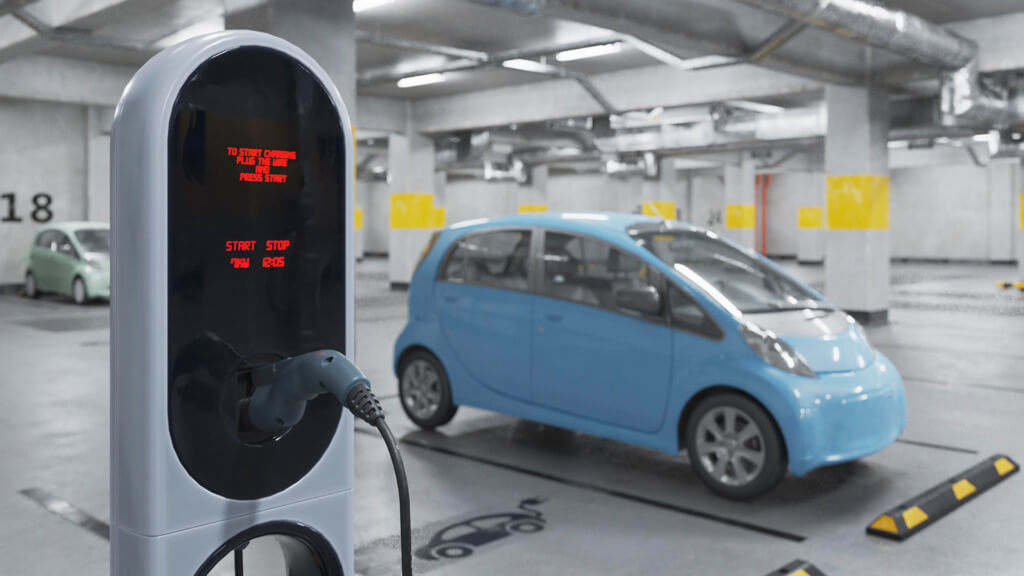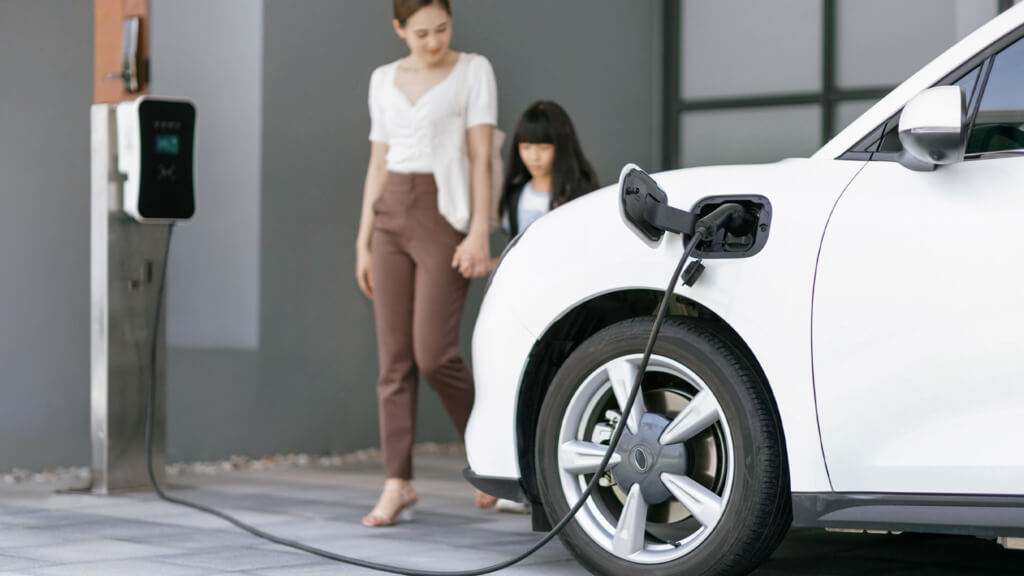Steering towards a sustainable future: Are we primed for the green wave in mobility?
We’re currently witnessing a pivotal turn in the dynamic dance of technology and society. We’re on the brink of a transformative era, a revolution that stands to redefine our relationship...

We’re currently witnessing a pivotal turn in the dynamic dance of technology and society. We’re on the brink of a transformative era, a revolution that stands to redefine our relationship with transport. This isn’t about evolving from horse-drawn carriages to motor vehicles or steam to diesel engines. The change that looms on our horizon is the widespread adoption of electric vehicles (EVs), an integral part of a broader movement towards sustainable mobility.
Table Of Content
As you stand in the throes of this change, you might wonder: Are we ready for this shift? How are societies, governments, and industries responding? How might the future of mobility look, especially in light of the urgent call for sustainable solutions? Join us as we navigate the contours of this rapidly evolving landscape.
A green shift on the horizon
The world of transportation is accelerating towards an electric future. This electrification drive is driven by technological advancement, the existential threat of climate change, and the imperative to reduce our carbon emissions. According to the International Energy Agency (IEA), EV sales surged 40% in 2020, despite a downturn in overall global car sales due to the pandemic.
As we continue to mitigate the effects of climate change, you’ll find that electric mobility is more than just a choice. It’s a necessity. While EVs accounted for only about 3% of total car sales globally in 2020, the IEA projects that by 2030, almost 70% of vehicles produced worldwide could be electric. This, in turn, could drastically reduce our carbon footprint and help us inch closer to achieving the United Nations’ Sustainable Development Goals.
Powering up the electrification drive
While the green shift presents an appealing vision, formidable challenges must be addressed. These include the high cost of electric vehicles, the lack of charging infrastructure, range anxiety, and the need for massive investments in power grids and renewable energy sources.

The good news? You’ll find that solutions are emerging. In many countries, governments are stepping up, offering incentives for EV purchases and investing in the development of charging infrastructure. Businesses, too, are making strides, with technology and automotive giants racing to improve battery technology, increase vehicle range, and reduce costs. But the work continues beyond there. With your help and societal commitment, we can overcome these challenges and bring about a future of sustainable mobility.
Overcoming obstacles in the green transition
Overcoming obstacles in the green transition requires a holistic approach beyond adopting electric vehicles. While electrification plays a crucial role in reducing emissions, it is equally important to address other aspects of mobility to transform our transportation systems truly.
One significant obstacle is the need to reshape our urban environments. Many cities are plagued by traffic congestion, which not only leads to productivity losses but also contributes to increased carbon emissions. By embracing smart and connected modes of transport, we can tackle this issue head-on. Imagine a city where intelligent traffic management systems analyse real-time data to optimise routes, reducing travel times and minimising environmental impact. This integration of technology can revolutionise the way we move, making our cities more efficient, sustainable, and livable.
Another obstacle in the green transition is the redesign of transport systems. Traditional transportation infrastructure often prioritises private car usage, resulting in sprawling road networks and limited investment in public transportation. To overcome this, we must invest in developing comprehensive and accessible public transport networks. Electric buses, trams, and trains powered by renewable energy sources can provide efficient and eco-friendly alternatives for daily commuting. By making public transportation more convenient, reliable, and affordable, we can encourage a shift away from individual car ownership, reducing congestion and emissions while promoting inclusivity and accessibility for all.

Furthermore, the green transition requires a fundamental realignment of societal values. As individuals and communities, we need to prioritise sustainability and embrace the concept of shared mobility. Shared modes of transport, such as car-sharing, ride-sharing, and bike-sharing, offer efficient alternatives to private car ownership. By promoting the sharing economy, we can optimise the utilisation of vehicles, reduce the number of cars on the road, and minimise the environmental impact associated with manufacturing and maintaining individual vehicles. Additionally, encouraging active modes of transport, such as walking and cycling, not only contributes to cleaner air but also enhances public health and fosters a sense of community.
Charting the course for a sustainable future
As we gaze into the future of mobility, it’s clear that the green wave is more than a distant dream. It’s an achievable reality that demands our collective action and shared responsibility. The electrification of transport is an exciting part of this narrative, a significant step towards decarbonising our societies. But the journey doesn’t end there. To truly realise the benefits of this green shift, we must embrace a holistic approach that includes smart, shared, and connected mobility.
Indeed, the challenges we face are substantial. The transformation will take time to happen. It will require concerted efforts from governments, industries, and communities like yours. But the rewards – a sustainable, livable, and resilient future – are worth the endeavour.
As we steer towards this sustainable future, remember that the power to drive change lies within you. Whether choosing an electric vehicle for your next car, supporting renewable energy projects, or advocating for smart and sustainable urban design, your choices matter. As we navigate this green horizon together, let us remember that every step, every choice, every voice counts. The future of mobility isn’t just about technology. It’s about us, our choices, and our shared vision for a sustainable world.
















